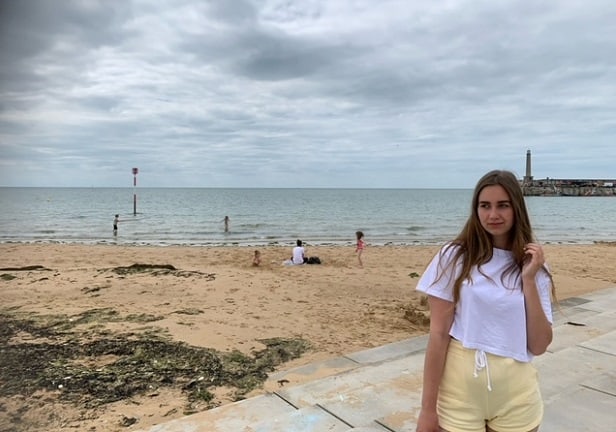
By work experience reporter Margo Bewley (Royal Harbour Academy)
On May 27, 18-year-old Alina Nosar travelled alone from Eastern Ukraine to live here in Thanet.
As a second year student in economic cybernetics, she was studying in the Ukrainian city of Kharkiv, but like her hometown of Zaporizhzhia, it’s now a perpetual war zone.
Her journey started in February when she and her boyfriend Eduard had to flee Kharkiv with what they could carry and embarked on a long journey across Ukraine. Starting on foot, they then got a lift to Dnipro where they got a train to Lviv, which took 18 hours in cramped conditions with nowhere to sit. They were lucky enough to find a shelter there in a telecommunications building.
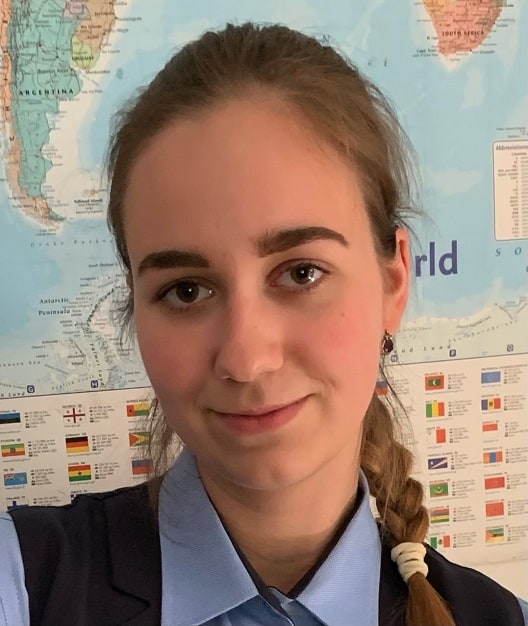
Alina’s father, Vladimir, is in the Ukraine special forces, fighting for their country like thousands of others. The rest of her family, her mother Svitlana, sister Elena, grandmother Tatiana, with their cat Dayna, fled to Poland after their own perilous journey across the country.
Thanks to a friend of Vlad’s, Zena Merton from Margate, Alina applied for a visa to come and stay in the UK. Within a whirlwind month she travelled from Ukraine to the UK, arrived at Luton airport and is now living with my family and I (Margo).
To begin with, it was a challenge to adapt to new food, currency and of course, a new language. Having studied two years of English, Alina was apprehensive of speaking the language for the first time.
She said “It was hard to connect with people and I felt very alone.”
Since then however, she has found a job at Ala Turka restaurant in Ramsgate and now has found friends and people to rely on.
As part of Alina’s host family I really admire how well she socialises despite everything. It must have taken an immense amount of courage to do the things she has done in the last few months.
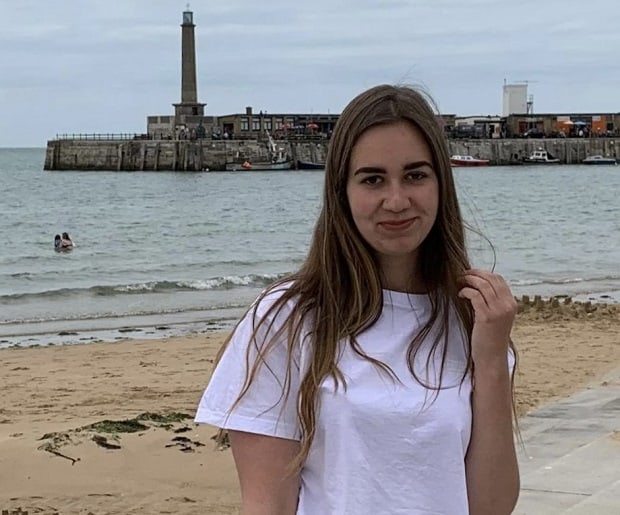
Alina’s boyfriend Eduard is still at the shelter in Lviv. He wants to come to the UK but says he can’t find a sponsor because he’s a man. He is also a student at a French university.
In the future Alina would like to be reunited with Eduard here in Thanet.
Alina said: “I really enjoy living in Thanet, with my friends, job, host family and their lovely dogs!”
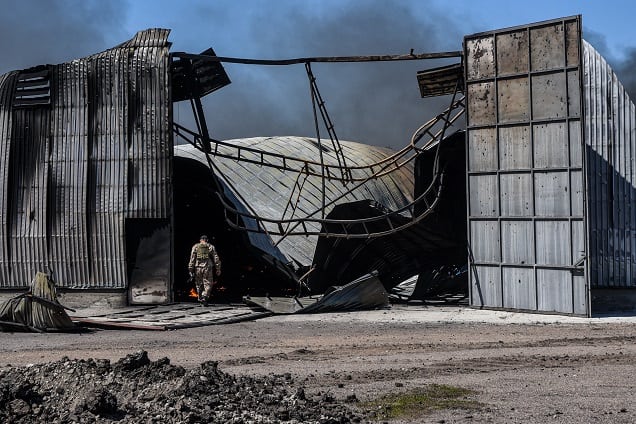
On 24 February 2022, Russia invaded Ukraine in a major escalation of the Russo-Ukrainian War that began in 2014. The invasion caused Europe’s largest refugee crisis since World War II, with more than 8.4 million Ukrainians fleeing the country and a third of the population displaced.
The invasion began when Russian president Vladimir Putin announced a “special military operation” to “demilitarise Ukraine. Minutes later, missiles and airstrikes hit across Ukraine, including the capital Kyiv. A large ground invasion followed from multiple directions.
Ukrainian president Volodymyr Zelenskyy enacted martial law and a general mobilisation of all male Ukrainian citizens between 18 and 60, who were banned from leaving the country. Russian attacks were initially launched on a northern front from Belarus towards Kyiv, a north-eastern front towards Kharkiv, a southern front from Crimea, and a south-eastern front from Luhansk and Donetsk.
During March, the Russian advance towards Kyiv stalled. Amidst heavy losses and strong Ukrainian resistance, Russian troops retreated from Kyiv Oblast by 3 April. On 19 April, Russia launched a renewed attack on Donbas, with simultaneous missile attacks directed at Kyiv in the north and Lviv in western Ukraine.
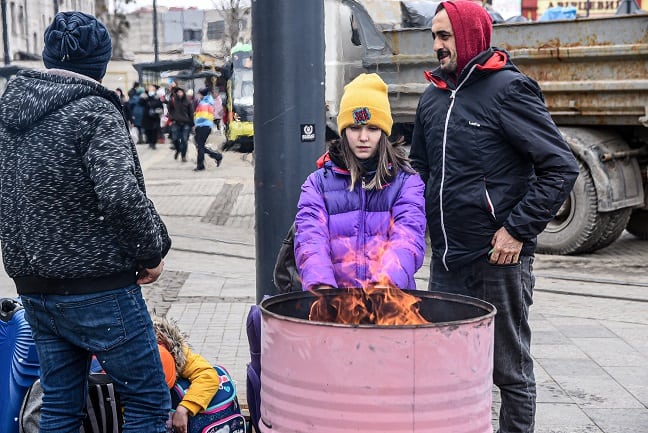
The invasion has received widespread international condemnation. The United Nations General Assembly passed a resolution condemning the invasion and demanding a full withdrawal of Russian forces. The International Court of Justice ordered Russia to suspend military operations and the Council of Europe expelled Russia. Many countries imposed sanctions on Russia, which have affected the economies of Russia and the world, and provided humanitarian and military aid to Ukraine.
Protests occurred around the world; those in Russia were met with mass arrests and increased media censorship, including a ban on the words “war” and “invasion”. The International Criminal Court has opened an investigation into crimes against humanity in Ukraine since 2013, as well as war crimes in the 2022 invasion.

